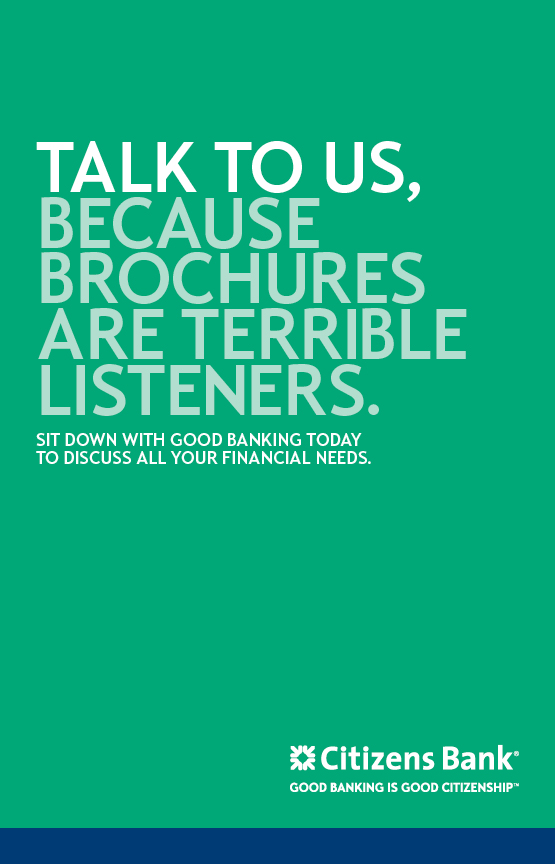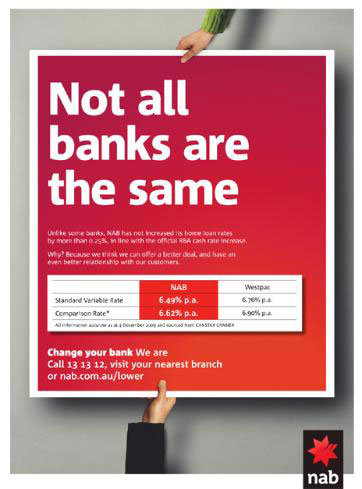Budgeting is one of the most important aspects of personal finance. If you don’t have a budget, it isn’t easy to make informed decisions about your money. Unfortunately, many people make common mistakes when creating their budget. This blog post will discuss some of the most common budgeting mistakes and how to avoid them. Also, check out https://greenrecord.co.uk/eco-friendly-ways-to-manage-your-finances to learn more about finance management that is eco-friendly.
Avoiding Debt Payments
One of the most common budgeting mistakes is failing to account for debt payments. If you have credit card debt, student loans, or other debts, you must include these payments in your budget. Otherwise, you may find yourself struggling to make ends meet. There are a few different ways to approach debt payments in your budget. One option is to create a separate category for debt payments. Another option is to include your debt payments in your overall expenses category. This can be helpful if you’re trying to understand your spending habits better.
Depleting Your Emergency Savings
Another common budgeting mistake is depleting your emergency savings. An emergency fund is essential because it gives you a cushion to fall back on if you experience a financial setback. If you don’t have an emergency fund, you may resort to credit cards or other high-interest debt to cover unexpected expenses. It’s essential to have at least three to six months of living expenses saved in your emergency fund. This will help you cover unexpected costs without putting yourself in a difficult financial situation.

Passive Spending
One of the most common budgeting mistakes is failing to account for passive spending. Passive spending is money you spend without thinking about it, such as subscriptions, memberships, and automatic payments. You need to track your passive spending to see where your money is going each month. Many people are surprised by how much they spend on subscriptions and memberships. If you’re not careful, passive spending can quickly add up.
Ignoring Your Finances
It’s essential to understand your income, expenses, and debts clearly. Otherwise, it isn’t easy to make informed decisions about your money. If you’re unsure where to start, some resources are available to help you better understand your finances. You can talk to a financial advisor, read personal finance books, or search for information online.
Budgeting is an important aspect of personal finance. Unfortunately, many people make common mistakes when creating their budget. In this blog post, we discussed some of the most common budgeting mistakes and how to avoid them. By following these tips, you can create a budget that will help you to better manage your money. Thanks for reading.…
Read More


 If you have multiple debts – such as credit card debt, student loans, or medical bills – it can be helpful to consolidate these debts into one loan. This will make keeping track of your payments easier and may help you save money on interest charges. There are a few different ways to consolidate debt, so be sure to explore all of your options before making a decision.
If you have multiple debts – such as credit card debt, student loans, or medical bills – it can be helpful to consolidate these debts into one loan. This will make keeping track of your payments easier and may help you save money on interest charges. There are a few different ways to consolidate debt, so be sure to explore all of your options before making a decision.
 Investing in yourself is one of the best things you can do for your
Investing in yourself is one of the best things you can do for your 

 Step one is to document via an IRS E-file supplier. Another would be to get the forms, fill them out, register, and send them by email. The E-file will guarantee you receive your money if you’re expecting a refund. Be careful if filing your
Step one is to document via an IRS E-file supplier. Another would be to get the forms, fill them out, register, and send them by email. The E-file will guarantee you receive your money if you’re expecting a refund. Be careful if filing your 
 Rebuke tools and some people who have endured situations swear not to utilize them. For instance, they might opt not to use a credit card. If used wisely, credit cards can save people money by purchase policy, rewards and bonuses. One alternative for this can be so products won’t become a curse but a blessing, by altering your behavior. It is inadequate to say you are going to modify your money behavior. A habit eliminated or should be changed to have the ability to manage hardship. This may cover off mentally and financially. Implementing rules create and or paying off credit card bills will be helpful.
Rebuke tools and some people who have endured situations swear not to utilize them. For instance, they might opt not to use a credit card. If used wisely, credit cards can save people money by purchase policy, rewards and bonuses. One alternative for this can be so products won’t become a curse but a blessing, by altering your behavior. It is inadequate to say you are going to modify your money behavior. A habit eliminated or should be changed to have the ability to manage hardship. This may cover off mentally and financially. Implementing rules create and or paying off credit card bills will be helpful.

 The journey to a successful investment can have many distractions and barriers that could take you off the road. The way to maintain and overcome the road would be to develop a strategy and stick to it. For example, your goal is to invest in trades, one way you can be successful with it, is by getting help from a
The journey to a successful investment can have many distractions and barriers that could take you off the road. The way to maintain and overcome the road would be to develop a strategy and stick to it. For example, your goal is to invest in trades, one way you can be successful with it, is by getting help from a Keeping a list of your investments can be a great learning tool to identify strategies that may be a vision of an investment that works, and that works best for you or that didn’t work well.
Keeping a list of your investments can be a great learning tool to identify strategies that may be a vision of an investment that works, and that works best for you or that didn’t work well.
 Financial recognition, Your results will be evaluated and financial awareness can be achieved through preparation when financial goals are set and the impact of decisions is understood.
Financial recognition, Your results will be evaluated and financial awareness can be achieved through preparation when financial goals are set and the impact of decisions is understood. Appropriate preparation takes into account aspects such as liability management, risk management, liquidity management, investment planning and goal setting.
Appropriate preparation takes into account aspects such as liability management, risk management, liquidity management, investment planning and goal setting.

 ill be able to live your full potential. Financial freedom will let you live your dream. Moreover, economic freedom will improve your quality of life because you can access your money anywhere anytime. Freedom from debt is another benefit of financial freedom. With no debts to pay you can channel your cash towards growing reserves and investments. And that is not all; you will have extra money to spend.
ill be able to live your full potential. Financial freedom will let you live your dream. Moreover, economic freedom will improve your quality of life because you can access your money anywhere anytime. Freedom from debt is another benefit of financial freedom. With no debts to pay you can channel your cash towards growing reserves and investments. And that is not all; you will have extra money to spend. chase a home and stop paying rent for good. If you can manage to save and get the down payment that the seller requires, your negotiating power will go a little further. Banks will be willing to offer you better interest rates, and in the end, you will purchase a bigger home. You can ascertain how much you can store for your new home depending on your circumstances. With down payment, you will move to a better neighborhood and make it easier to purchase your new home. Your payments will also be more affordable.…
chase a home and stop paying rent for good. If you can manage to save and get the down payment that the seller requires, your negotiating power will go a little further. Banks will be willing to offer you better interest rates, and in the end, you will purchase a bigger home. You can ascertain how much you can store for your new home depending on your circumstances. With down payment, you will move to a better neighborhood and make it easier to purchase your new home. Your payments will also be more affordable.…
